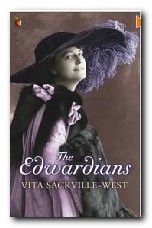tutorial, commentary, study resources, and web links
The Dean’s December (1982) was Saul Bellow’s first novel after winning the Nobel Prize for Literature in 1987. Like many of his other works it has a strongly autobiographical basis. Between 1975 and 1985 Bellow was married to Alexander Ionescu Tulcea, a mathematician from Bucharest in Romania. Both of her parents were distinguished academics – as are those of Minna, the fictional wife in the novel.
The events of the narrative move back and forth between Bucharest and Chicago – two cities about which Bellow draws a number of subtle parallels. The totalitarian oppression of the ultra-Stalinist state in Romania results in corruption and inefficiency of one kind. The wild anarchy of free-market capitalism in the USA results in desperation and horrors of a different order. Bellow’s protagonist Albert Corde attempts to find an accommodation with both systems whilst struggling to retain his humanitarian system of values.
The Dean’s December – critical comment
Historical background
In the period covered by the events of the novel, Romania was in the ‘sphere of influence’ of the Soviet Union, and was ruled by the dictator Nicolae Ceausescu. The country was a police state, with extensive corruption, spying on its own citizens by the secret police (the ‘Securitate’) and a ‘cult of personality’ around the dictator and his wife. The country was depleted by food shortages, and both press and broadcasting media were state controlled. It was reputed to be the most totalitarian all the Eastern Block countries.
Following the collapse of the Soviet Union, Ceausescu was eventually overthrown in 1989. He and his wife escaped by helicopter but were captured fleeing the country. They were tried, found guilty of embezzlement of state funds and genocide, then executed on Christmas Day in 1989.
Chicago at the same time was governed by what is called ‘machine politics’. That is, political power and decision-making was controlled by a small elite who relied on a corrupt system of patronage, bribes, and collusion between political appointees, the police, trades unions, and gangsters. The city had a very high rate of violent crime, extensively related to the control of drugs amongst rival gangs.
The city was governed for twenty-one years by mayor Richard J. Daley. Many of the members of his administration were charged and convicted of corruption. He was notorious for his manipulation of the democratic process, and is remembered for the cynical piece of political wisdom: “Vote early—and often”.
Narrative style
Saul Bellow is renowned for his novels which have fast-talking first person narrators. They are fictional characters who deliver the events of the story, an amusing commentary on contemporary society, and quasi-philosophic reflections – all at the same time.
Technically. The Dean’s December has an outer third person omniscient narrator – who introduces Albert Corde as a character. But the truth is that the majority of the novel is taken up with Corde’s thoughts, his observations, and his first-person reflections on life in Bucharest and Chicago.
Bellow moves very skilfully from third to first-person narrative mode and back again. The following extract starts in third person omniscient narrative mode. It then moves into interior monologue, and switches to Corde’s point of view. It then goes back to an objective account of Corde’s thoughts – including comments on his own reflections – and ends in a first person narrative mode.
She gave him a fully open look. But he didn’t have the confidence he had once had in these open looks. It wasn’t that he distrusted Vlada, but people were never as sincere as they revved themselves up to be. They couldn’t guarantee that their purposes were fixed and constant. Yes, constancy. Love is not love which alters where it alteration finds. What did love have to do with it? She only wanted to show that he could really trust her. And what he thought was, I’m pale, I look unwell, I look rotten, I’m skittish and jumpy—I’m all over the place (quoting Shakespeare out of context). She wants to be nice to me. I had an especially blasting morning. It’s still with me. All right, I trust you, Vlada, but you want to get me to take on this job. Probably she’s somewhat surprised that I don’t jump at the chance.
The Dean’s dilemma
The novel can be seen as a series of discussions that Albert Corde conducts with the other characters in the novel – including an ongoing debate with himself, He finds himself at odds with the other figures in the narrative – even those who are close to him and with whom he shares what he thinks of as ‘core values’.
He is devoted to his new younger wife Minna, but she is a scientist, an astro-physicist dealing with issues he does not understand. He deals in literature and the humanities, and although she respects his standing as an academic and journalist, their intellectual worlds are foreign to each other.
He is very sympathetic to his sister Elfride, but her wayward son Mason puts a barrier between them. Mason represents a part of contemporary society that is very much at odds with Corde and all he stands for. Mason is the spoiled child of rich parents who has decided to be contrarian. He identifies with the black ghettos (whilst robbing his own mother) and challenges Corde’s defence of a young white woman whose husband has been murdered.
Mason claims that Corde is out of touch with Chicago reality – and so does the boy’s father, the tough lawyer Zaehner who accuses Corde of taking the soft option of a tenured academic professorship – comparing him with ‘an unmarried mother on welfare with ten kids’.
The implication is that Corde, for all his protestations of concern, is hiding in a privileged sector of society whilst others face up to the problems of modern capitalistic democracy and some of the horrors it creates. There is a certain amount of truth in this claim – which is partly why Corde renounces his professorship at the end of the novel and decides to help the scientist Beech with his work on environmentalism.
Corde is also not without a sense of self-criticism. He worries about his articles in Harper’s which have exposed unpleasant details about life in modern Chicago. Everybody is telling him that he has gone ‘too far’ and exposed too much unpleasantness. This criticism is brought to its most subtle and exquisite pitch in the character of Alec Witt, the college Provost. Witt appears to be sympathetic to Corde with his brilliant wife and a mother-in-law who is dying, yet he wraps all his supportive conversation in an invisible film of veiled threats.
It is quite clear that the novel is inviting us to accept Corde’s traditional, humanistic, and sceptical set of values. It contrasts those with the attitudes of time-serving bureaucrats – in both eastern Europe, where the difference is almost grotesque, and the West, where the differences are more nuanced.
It is worth noting that Corde is sympathetic to the socialist values of his relatives in Bucharest – even showing a degree of understanding to those who have been forced to become police informers in order to survive. He also appreciates the sacrifices and deprivations suffered by those who have been former Party members but kept their old allegiances and beliefs alive. He reflects on the elderly figure of Gigi, who is facing the death of her sister
She was studying her death, that was for sure. Corde thought of her with extraordinary respect. Her personal humanity came from the old sources. Corde had become better informed about these sources in Paris and London.
Those ‘old sources’ are the heart of what the novel wishes to promote – and they are the moral and social values based upon the canon of western philosophy and literature. This was something Bellow defended in his Nobel Prize acceptance speech, and the reason why he is regarded by some as holding conservative political values and by others as a defender of liberalism.
The essence of our real condition, the complexity, the confusion, the pain of it, is shown to us in glimpses, in what Proust and Tolstoy thought of as ‘true impressions’. This essence reveals and then conceals itself. When it goes away it leaves us again in doubt. But our connection remains with the depths from which these glimpses come.
The Dean’s December – study resources
![]() The Dean’s December – Penguin – Amazon UK
The Dean’s December – Penguin – Amazon UK
![]() The Dean’s December – Penguin – Amazon US
The Dean’s December – Penguin – Amazon US
![]() The Dean’s December – Library of America – Amazon UK
The Dean’s December – Library of America – Amazon UK
![]() The Dean’s December – Library of America – Amazon US
The Dean’s December – Library of America – Amazon US
![]() Saul Bellow – Collected Stories – Penguin Classics – Amazon UK
Saul Bellow – Collected Stories – Penguin Classics – Amazon UK
![]() Saul; Bellow – Collected Stories – Penguin Classics – Amazon US
Saul; Bellow – Collected Stories – Penguin Classics – Amazon US
![]() Saul Bellow (Modern Critical Views) – essays and studies – Amz UK
Saul Bellow (Modern Critical Views) – essays and studies – Amz UK
![]() Saul Bellow (Modern Critical Views) – essays and studies – Amz US
Saul Bellow (Modern Critical Views) – essays and studies – Amz US
Cambridge Companion to Saul Bellow – Amazon UK
The Dean’s December – chapter summaries
i. Albert Corde is an American college dean and a professor of journalism. He and his Romanian wife Minna are in Bucharest, visiting her mother Valeria who is in hospital following a heart attack. They are confronted by bureaucratic intransigence, and the city is in the grip of shortages and the secret police.
Corde recalls his appreciative relationship with his mother-in-law, who has been a distinguished doctor. She has read his articles on Chicago, and he has escorted her on holidays in London, where he has sensed that she is getting too old for such trips.
ii. Corde and Minna devise strategies to circumvent the punitive rules denying them access to her mother. They think of employing a corrupt brain surgeon who was once her father’s student. They also hope for support from friends in Chicago.
iii. The previous summer Corde was called to identify a dead white student who was involved in an inter-racial murder. Corde raises a reward for information, and black suspects are arrested. His student nephew Mason accuses him of prejudice and misunderstanding. Corde tries to consider the evidence from the boy’s point of view, but fails. Corde is writing about Chicago, but Mason claims he doesn’t really understand the unpleasant truths of modern society.
iv. Corde is well looked after by Gigi, but they battle against rationing, shortages, and primitive social conditions. He is invited to the US embassy where he asks the ambassador for help in gaining access to Valeria. The. Ambassador reveals that a childhood friend and rival of Corde’s is in Bucharest on a journalistic assignment.
Receiving news from home, Corde recalls his last meeting with his sister. She seeks to defend her son Mason who has threatened trial witnesses and gone on the run. Corde also reflects on his cousin Max , a crooked lawyer who has cheated him out of a lot of money.
v. The hospital will allow only one further visit, for which bribes will be needed. Corde meets his old college friend Dewey Spangler who is now a well-connected reporter They reminisce about Chicago and Corde reflects on his own ethical values which have been formed by traditional literary culture.
vi. Corde and Minna bribe their way into a hospital visit where Valeria is clearly dying. Corde reflects on how his westernised values and behaviour must seem to his socialist relatives.
vii. Corde reads through the scientific proposal from geologist Beech. It is an environmental warning about lead poisoning. Corde’s secretary Miss Parsons sends a bundle of mail that rakes up all the problems back in Chicago. His defence of former county jail governor Rufus Redpath is held against him.
viii. Corde reviews some of the horrible crimes and court scenes he has reported in his articles. He also reads his own gruesome account of patients on kidney dialysis machines in the county hospital.
ix. Valeria dies in the hospital Corde and Minna are caught up in the bureaucratic procedures for the funeral. A telephone call from the college provost pretends to be supportive, but is full of veiled threats Corde recalls visiting a poor neighbourhood community centre run by two former drug addicts.
x. Corde re-reads his interview with a public defence lawyer in a particularly savage case of rape and murder. They discuss the philosophic basis of a criminal underclass in society and what can be done about it.
xi. Corde, Minna, and friends attend Valeria’s funeral. Many of her old comrades turn out to pay their respects, despite the Party’s disapproval.
xii. Corde and his friend Vlada discuss the Beech proposal on environmentalism. She tries to persuade him to collaborate: he remains sceptical and explains his reservations. This leads to global philosophies and her news that Corde’s sister is marrying judge Sorokin.
xiii. Corde and Spangler reminisce about their Chicago boyhood together. Spangler has been impressed by Corde’s articles, but he criticises him for hiding away as a tenured professor. He also reveals that he has medical problems and is using a colostomy bag.
xiv. The family are assembling heirlooms to smuggle out of the country. Minna is angry about her mother’s death. Conflicts of opinion arise with Corde, despite his wish to protect her. He reflects on differences between his own ideology and that of the business-based world of Chicago commerce.
xv. Minna becomes ill. Corde attends the interment of Valeria’s ashes at the cemetery. He discusses American and eastern European values with Vlada. The Chicago trial has found the defendant Lucas Ebry guilty.
xvi. Back in Chicago Minna goes into hospital. Corde hides away from the urban squalor and violence he has written about and which still surrounds him.
xvii. When Minna recovers they attend a swanky party given in honour of a dog’s birthday. It is revealed that his friend Dewey Spangler has written an embarrassing article about Corde.
xviii. Spangler’s article is a friendly stab in the back. He has used material Corde gave him during their conversations but has put it into a very negative context.
xix. Corde and Minna travel to Mount Palomar where she is doing research. He has been reproached by the college Provost and has resigned from the college. He decides to help Beech with his environmental work.
The Dean’s December – principal characters
| Albert Corde | an American college dean and professor of journalism |
| Minna | his wife, a Romanian astro-physicist |
| Valeria | Minna’s dying mother, |
| Tanti Gigi | Valeria’s sister |
| Elfrida Zaehner | Corde’s sister |
| Mason Zaehner | Elfrida’s wayward son, a student |
| Dewey Spangler | Corde’s childhood friend, a rival journalist |
| Alec Witt | Corde’s college provost |
| Vlada Voynich | a Chicago scientist |
| Fay Porson | Corde’s secretary, a cougar |
© Roy Johnson 2017
More on Saul Bellow
More on the novella
More on short stories
Twentieth century literature
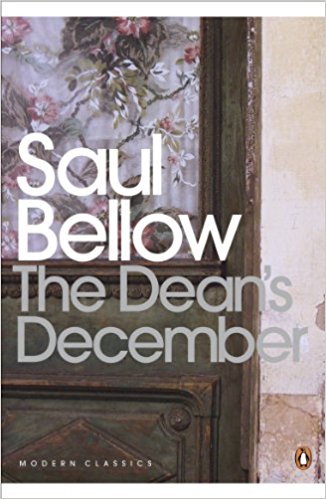
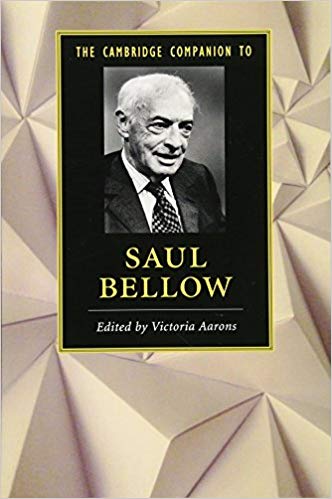
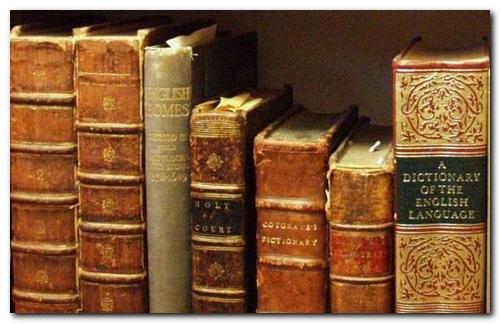

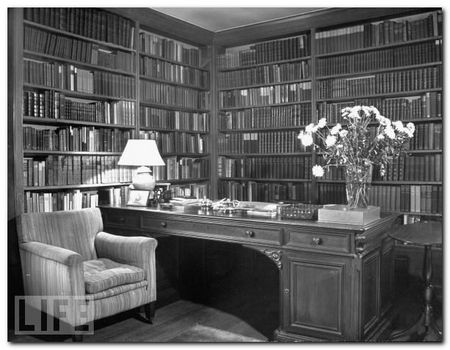
 The Aspern Papers
The Aspern Papers The Spoils of Poynton
The Spoils of Poynton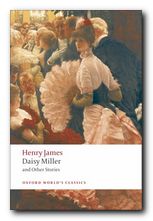 Daisy Miller
Daisy Miller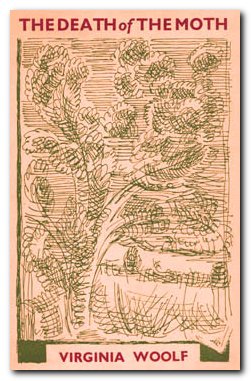
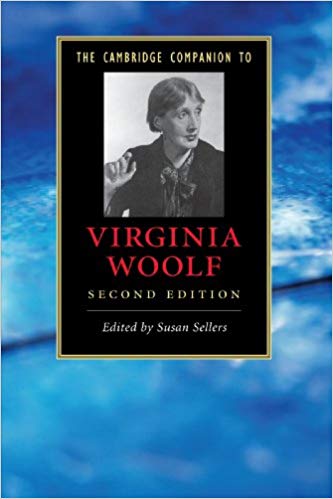
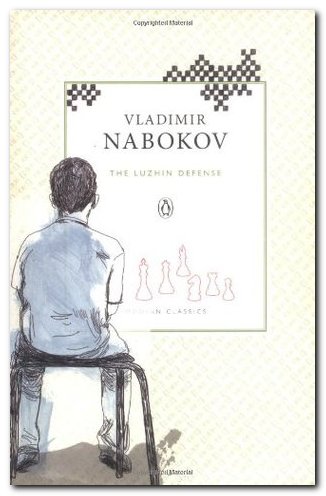
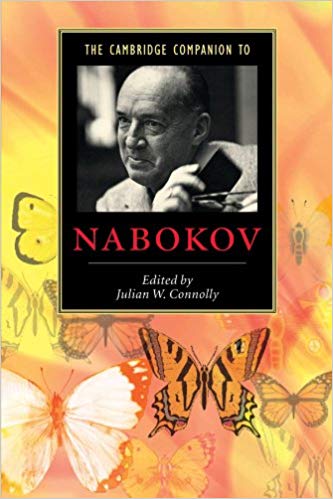
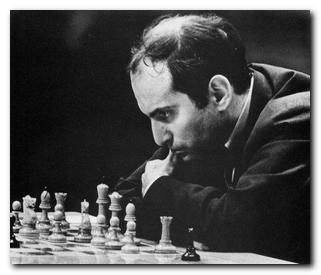
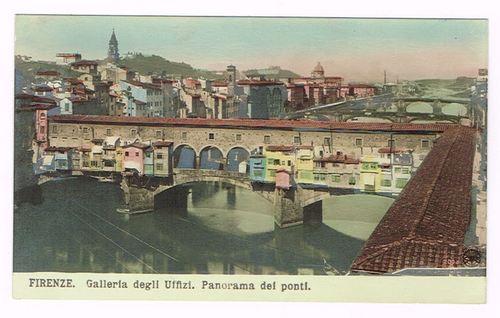
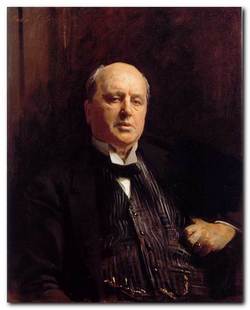
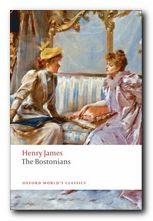 The Bostonians (1886) is a novel about the early feminist movement. The heroine Verena Tarrant is an ‘inspirational speaker’ who is taken under the wing of Olive Chancellor, a man-hating suffragette and radical feminist. Trying to pull her in the opposite direction is Basil Ransom, a vigorous young man to whom Verena becomes more and more attracted. The dramatic contest to possess her is played out with some witty and often rather sardonic touches, and as usual James keeps the reader guessing about the outcome until the very last page.
The Bostonians (1886) is a novel about the early feminist movement. The heroine Verena Tarrant is an ‘inspirational speaker’ who is taken under the wing of Olive Chancellor, a man-hating suffragette and radical feminist. Trying to pull her in the opposite direction is Basil Ransom, a vigorous young man to whom Verena becomes more and more attracted. The dramatic contest to possess her is played out with some witty and often rather sardonic touches, and as usual James keeps the reader guessing about the outcome until the very last page.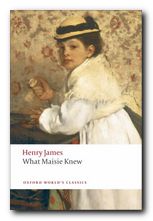 What Masie Knew (1897) A young girl is caught between parents who are in the middle of personal conflict, adultery, and divorce. Can she survive without becoming corrupted? It’s touch and go – and not made easier for the reader by the attentions of an older man who decides to ‘look after’ her. This comes from the beginning of James’s ‘Late Phase’, so be prepared for longer and longer sentences. In fact it’s said that whilst composing this novel, James switched from writing longhand to using dictation – and it shows if you look carefully enough – part way through the book.
What Masie Knew (1897) A young girl is caught between parents who are in the middle of personal conflict, adultery, and divorce. Can she survive without becoming corrupted? It’s touch and go – and not made easier for the reader by the attentions of an older man who decides to ‘look after’ her. This comes from the beginning of James’s ‘Late Phase’, so be prepared for longer and longer sentences. In fact it’s said that whilst composing this novel, James switched from writing longhand to using dictation – and it shows if you look carefully enough – part way through the book.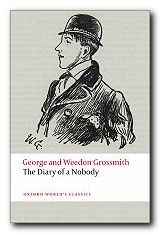
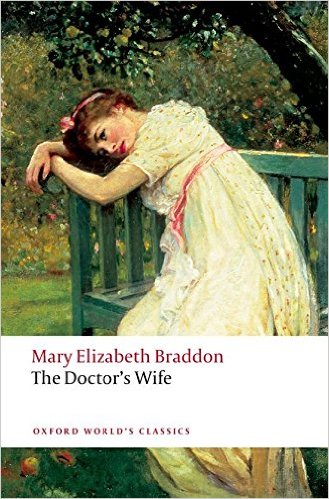
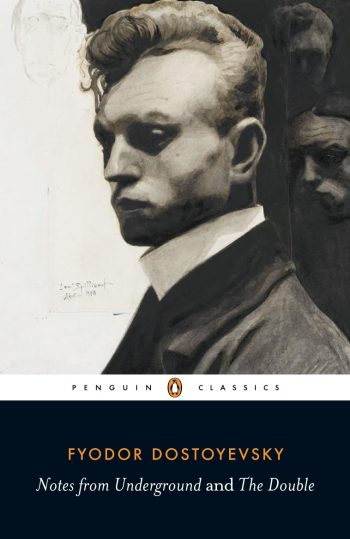
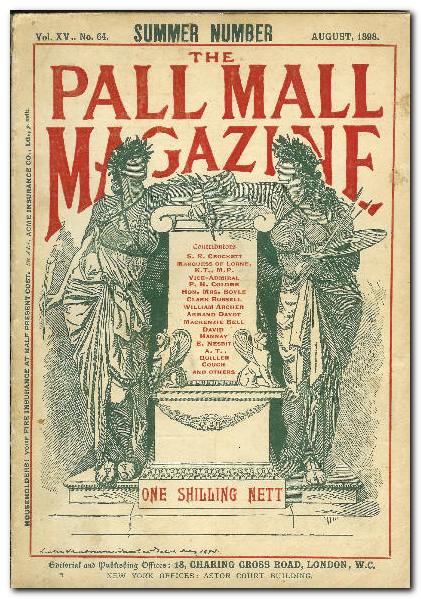
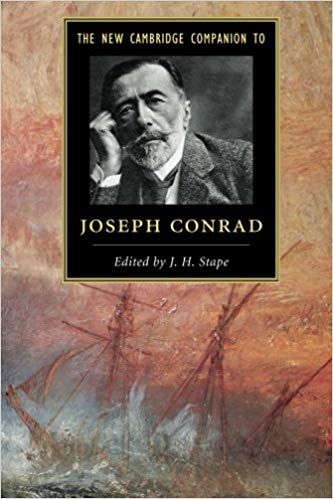
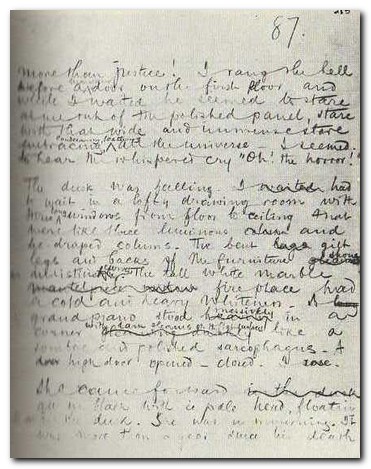
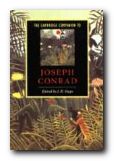 The Cambridge Companion to Joseph Conrad offers a series of essays by leading Conrad scholars aimed at both students and the general reader. There’s a chronology and overview of Conrad’s life, then chapters that explore significant issues in his major writings, and deal in depth with individual works. These are followed by discussions of the special nature of Conrad’s narrative techniques, his complex relationships with late-Victorian imperialism and with literary Modernism, and his influence on other writers and artists. Each essay provides guidance to further reading, and a concluding chapter surveys the body of Conrad criticism.
The Cambridge Companion to Joseph Conrad offers a series of essays by leading Conrad scholars aimed at both students and the general reader. There’s a chronology and overview of Conrad’s life, then chapters that explore significant issues in his major writings, and deal in depth with individual works. These are followed by discussions of the special nature of Conrad’s narrative techniques, his complex relationships with late-Victorian imperialism and with literary Modernism, and his influence on other writers and artists. Each essay provides guidance to further reading, and a concluding chapter surveys the body of Conrad criticism.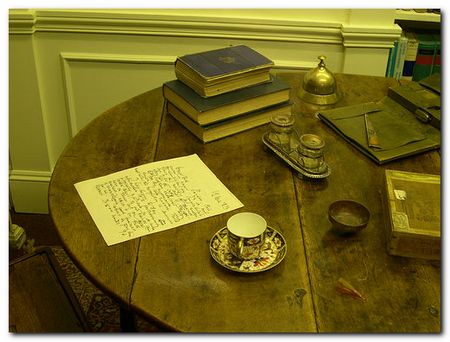
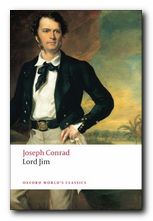 Lord Jim
Lord Jim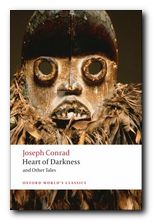 Heart of Darkness
Heart of Darkness